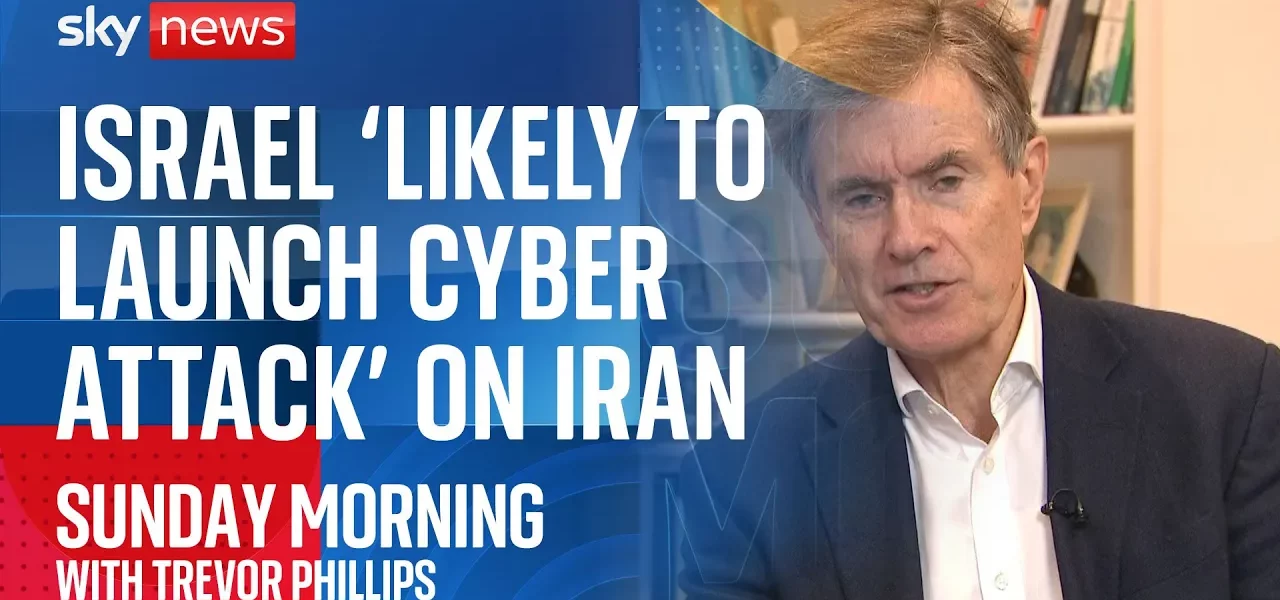Geopolitical Tensions: Analyzing the Current Global Landscape

The world is witnessing a period of unprecedented instability, characterized by escalating tensions in Ukraine, Taiwan, and the Middle East, coupled with the looming possibility of a Trump second term in the United States. This article delves into the current geopolitical dynamics, focusing on Israel’s recent actions against Hamas and the broader implications for global security.
Introduction
The international landscape is increasingly fraught with danger and uncertainty. Recent events in Ukraine, the growing tensions surrounding Taiwan, and the volatile situation in the Middle East, particularly following Israel’s assassination of Hamas leader Yahya Sinwar, are all interconnected in a complex web of geopolitical challenges. This article will explore these issues in detail, examining their implications for the affected regions and the world at large.
Escalating Tensions in Ukraine and Taiwan
As the world grapples with multiple crises, the war in Ukraine and the situation in Taiwan stand out as significant flashpoints. The conflict in Ukraine continues to draw international attention and resources, while the situation in Taiwan reflects growing concerns about China’s assertiveness in the region.
Ukraine: A Battlefield of Ideologies
The war in Ukraine is not just a territorial dispute; it is a clash of values, with Western democratic ideals pitted against authoritarianism. The implications of this conflict extend beyond Ukraine’s borders, affecting global security dynamics.
The Taiwan Strait: A Ticking Time Bomb
Meanwhile, tensions in the Taiwan Strait are escalating, with China continuing its military exercises and threatening rhetoric. The potential for conflict here could have devastating consequences for global trade and security.
The Middle East: Israel, Hamas, and Iran
The assassination of Yahya Sinwar by Israeli forces has reignited discussions about the future of Hamas and the broader implications for the Middle East. This section will examine the immediate aftermath and potential future developments.
Israel’s Strategic Calculus
Israel’s military actions against Hamas are seen as both a tactical victory and a broader strategic effort to maintain security in a tumultuous region. The recent killing of Sinwar, although claimed to be accidental, reflects the Israeli Defense Forces’ ongoing campaign against Hamas.
The Role of Iran
Iran’s involvement in supporting Hamas complicates the situation further. The Iranian leadership is facing its own challenges, including a potential leadership transition, which may influence its approach to regional conflicts.
- Iran’s historical support for Hamas
- The impact of Iranian domestic politics on foreign policy
- Potential Iranian responses to Israeli actions
The Global Implications of U.S. Politics
The upcoming U.S. elections add another layer of complexity to these geopolitical tensions. The possibility of a Trump second term could significantly alter U.S. foreign policy priorities and alliances.
Trump’s Foreign Policy Approach
Many analysts speculate that a Trump presidency could lead to a more isolationist approach, affecting U.S. involvement in conflicts such as those in Ukraine and the Middle East.
The Impact on International Alliances
Changes in U.S. leadership could also have ramifications for international alliances, particularly NATO and partnerships in Asia. The following points highlight potential shifts:
- Changes in military support for Ukraine.
- Altered dynamics in U.S.-China relations.
- Reassessments of U.S. commitments in the Middle East.
Conclusion
The current geopolitical landscape is characterized by a multitude of challenges that require careful navigation. As tensions rise in Ukraine, Taiwan, and the Middle East, the international community must remain vigilant and proactive in addressing these issues. The potential for a Trump second term adds further uncertainty to an already precarious situation. It is crucial for policymakers and citizens alike to stay informed and engaged in discussions about these pressing global issues. For more insights on international relations and geopolitical developments, explore our related articles.
“`




